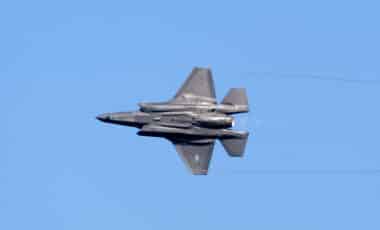Review by Martin Koenigsburg
The British Army of the Seven Years’ War (The French And Indian War in the US) had been victorious all over the Globe. The British Army of the Napoleonic Wars would be one of the most efficient military forces of the period, if smaller than most European Powers’ Armies. In between, there was that annoying loss in the American War of Independence that seemed out of character at the time. Mark Urban, a journalist, historian and incisive writer takes on this War/transitional period, sifting through one particular regiment’s experience. The 23rd Royal Welsh Fusiliers is that regiment- and we follow both the main body and the light and grenadier companies that were often detached for separate duty throughout their American war journey. We join the regiment in Boston before the outbreak- and trail along until the war is over. Urban is a good storyteller, as well as an insightful historian, so the pages pass quickly. Urban’s take is that even though the Brits lost the American war- they learned techniques and logistical lessons that they would put to use in the Napoleonic and Colonial wars they would fight in the 1800s. We spent a lot of time with the Light Company, whose patrolling, resource looting/swag seeking, as well as their place in the battle line and as skirmishers were vital to the newfound British way of war. The reliance on Battalions of massed Light companies led to the raising of entire regiments of Light Infantry and their use to dominate the region between opposing armies in a way that most European Armies used light Cavalry. Never able to get full backing at home in Parliament and the streets of London, never able to build enough mass in any one area of the Colonies, and never able to raise enough Loyalist troops(popular sentiment was about a third patriot, a third Loyalist, a third wishing the others would get it over with either way) to bolster their forces enough, the Brits made sure to try to address those areas in the later wars. The areas of their war fighting that did work against the Americans in the AWI- their devastating platoon and volley fire- and their bayonet charges – they kept in the toolbox for the Napoleonic/Colonial wars. I’m not sure I go for all of Urban’s arguments- but they are persuasive, and the book flies along informing and entertaining.
This book is a mature look at the War and is filled with adult themes, both interpersonal and political, so best for the Junior Reader over 15/16 years old with a historical interest. For the Gamer/Modeler/Military Enthusiast, a mixed package. For the Gamer, I think this is the book you read to learn about the war- not to help you plan your scenarios/campaigns as it is better at the larger view than in describing any one action in detail. For the Modeler, also- some diorama ideas- but more about the background of the war and the army. The Military Enthusiast gets a great Military lense to view the whole war through- and from the British POV. A strong rec from this reviewer- I think regular audiences will get value from this book too.
#WhatAreYouReading #BookReviews #18thCenturyHistory #MilitaryHistory #BritishImperialHistory #UnitedStatesHistory #AmericanHistory #LinearWarfare #AWI #AmericanRevolution #AmericanWarOfIndependence #RevolutionaryWar #WargameResearch #Fusiliers #HowTheBritishArmyLostAmericaButLearnedToFight #MarkUrban #FaberAndFaber #23rdRegiment #RoyalWelshFusiliers #Boston #Concord #BunkerHill #NewYork #Pennsylvania #Camden #Yorktown #BlackPowder #SharpePractice #18thCenturyWargames








